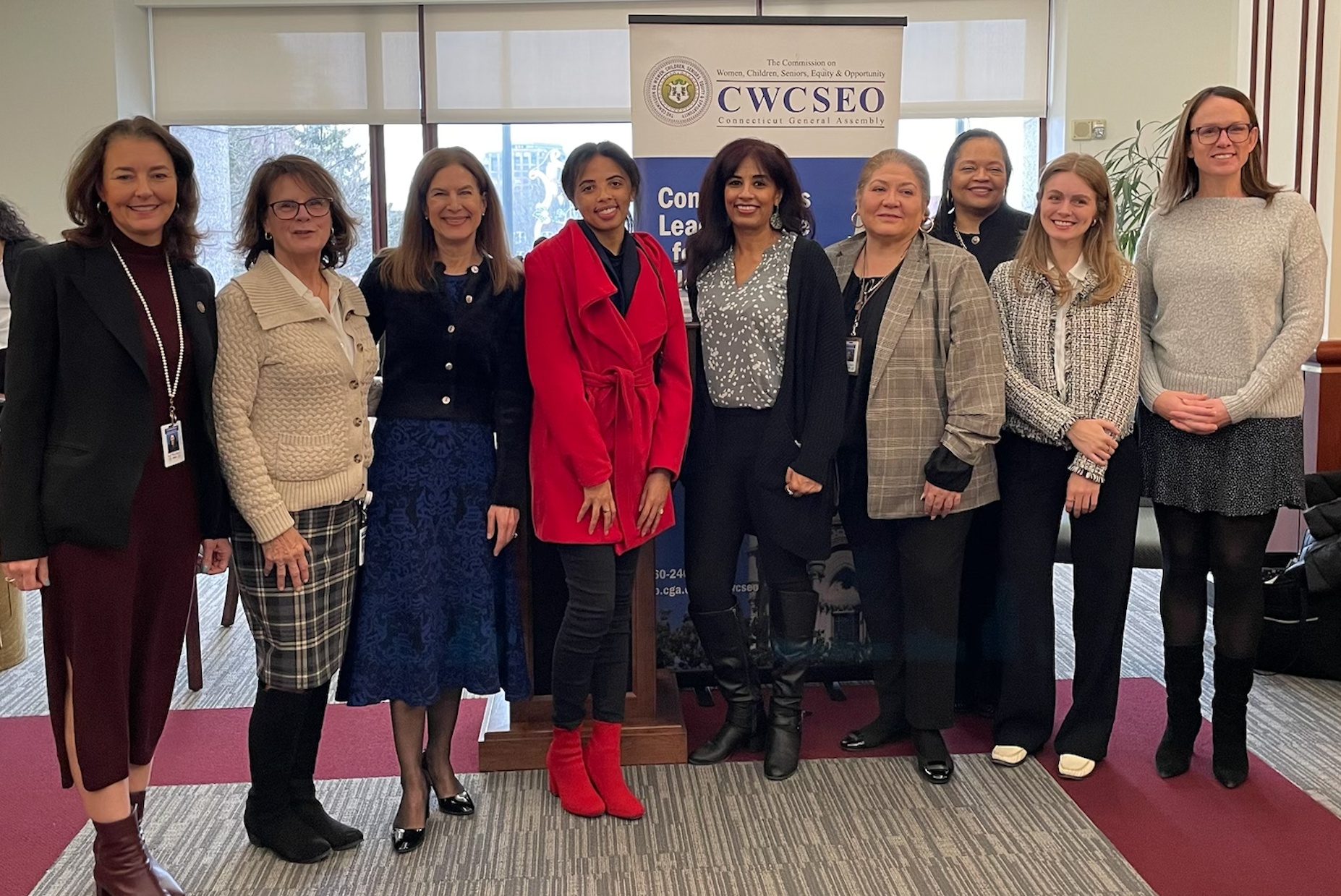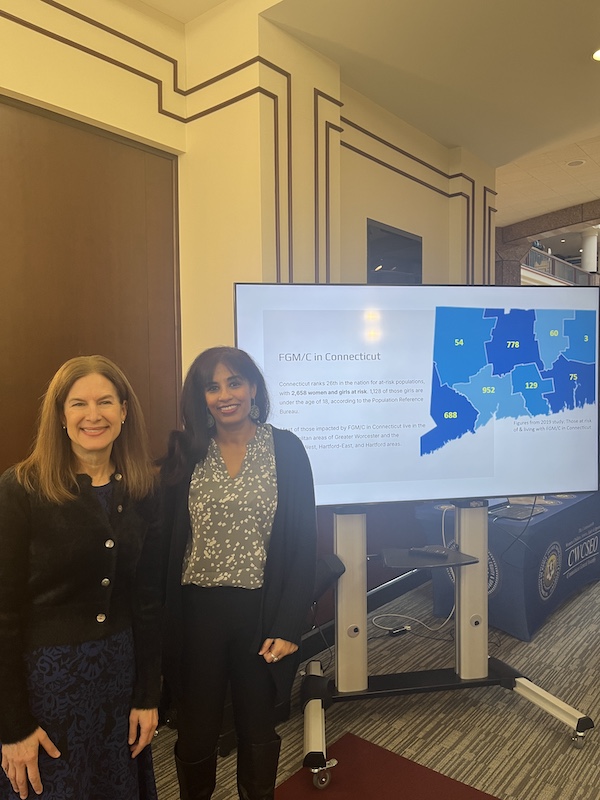By: Emily Lerosion
Each year Sahiyo hosts an annual Activists Retreat to gather anti-FGC activists in a safe and supportive space, where they can engage in meaningful discussions about FGC. These retreats aim to foster collaboration, share insights, and strengthen efforts to eliminate this harmful practice. The retreats include educational programs, self-care activities, and presentations from professionals engaged in anti-FGC advocacy initiatives in their communities. Below Emily Lerosion, who participated in the 2024 retreat, reflects on how the experience at the retreat has impacted her healing journey and advocacy work.
Why did you want to attend the retreat?
I wanted to attend the Activist Retreat because I believed this was a space where I could start my healing journey. It was not until I began my advocacy work that I realized I had a big problem speaking out about an act that is completely inhumane, and that robbed me of my confidence as a woman. In my life, I have been struggling with the shame that is associated with female genital cutting. I come from a community that is patriarchal. Because of this, my work as a women’s rights activist has been really difficult as I couldn’t openly speak about the practice. I was very optimistic that the retreat would help me move forward in the journey I started years ago. I wanted to interact with other survivors and learn how they have released the shame and gained acceptance of their being whole again.
What have you learned or most enjoyed at the retreat?
I have learned that FGM/C shouldn’t pin me down or suppress my voice, but rather inspire me to speak up against the practice to ensure future generations do not experience the same thing. I have gained so much confidence in speaking out against the practice and sharing my experience. Sharing my story, I believe, is the best way to speak out so that I can add my voice to the fight against FGM/C. I have also gained a family from the beautiful souls that I met at the retreat, and everyone’s story made me realize how strong I am, and we are as women. This inspired and motivated me even further in my advocacy work.
How and why are you involved in the movement to end FGC?
I am involved with the movement to end FGM/C because I believe women are complete and very valuable without the cut. I believe FGM/C is a demeaning act and needs to be ended since it deprives women of their human rights in so many ways. I am advocating to end FGM/C directly in my community both in Washington and through the Network to end FGM/C, and in my homeland of Kenya. I do this through my organization The New Dawn Pacesetter, where I act as the director uplifting the voices of women and girls. I also will attend the Commission on the Status of Women to use my voice as an advocacy tool.
How do you think this retreat will inform your work as an activist?
I believe this retreat will inform my work as an activist because my story will be essential in advocating for the end of this practice. This retreat will also inform my work as an activist since it has given me more strength, power, and a network.
What work are you doing currently or hoping to do in the future?
I am having conversations with both my friends and survivors of FGM/C here in the States and internationally. I am also holding girls mentorship camps in Kenya, mentoring girls about what their rights are and how to advocate for themselves. This is with the involvement of all community stakeholders, including parents in the practicing communities, religious leaders, schools, governments, girls at risk, and survivors just to mention a few.



